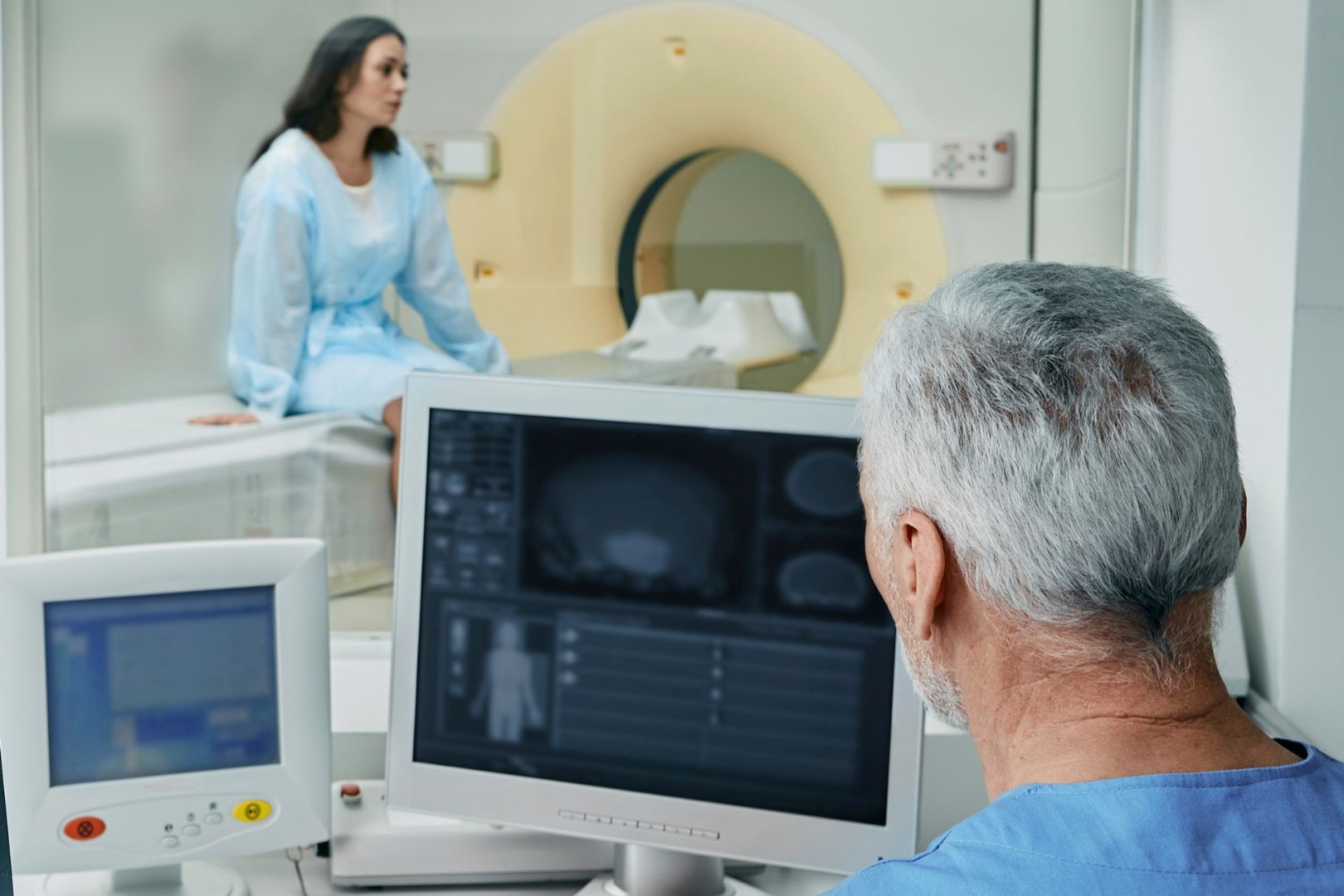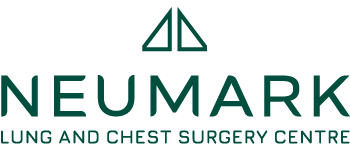We have all coughed before. It’s a natural reflex, often triggered by minor irritations such as dust or a cold. However, when a cough persists or changes without an apparent cause, it can be a warning sign of a deeper issue. In some cases, a chronic cough could indicate lung cancer. Persistent coughing, coughing up blood, and unexplained changes in your usual cough pattern are all potential signs of lung cancer that should not be ignored. Understanding the characteristics of a lung cancer cough and seeking early intervention can significantly affect treatment outcomes.
What Is a Lung Cancer Cough Like?
One of the most common early symptoms of lung cancer is a persistent cough that doesn’t go away or worsens over time. For many patients, this cough may initially resemble a typical smoker’s cough or one caused by chronic bronchitis, making it easy to overlook. However, there are specific characteristics of a lung cancer cough to watch for:
- Persistent Nature: A cough lasting longer than three weeks, especially without improvement, is a red flag. Not every persistent cough is lung cancer, but it’s still a sign of something wrong.
- Change in Existing Cough: Smokers or individuals with chronic respiratory conditions should notice any changes in their usual cough patterns, such as increased frequency, severity, or a different sound.
- Coughing Up Blood: Known medically as hemoptysis, coughing up blood or blood-streaked mucus is a severe symptom that warrants immediate medical attention. Whether it’s lung cancer, coughing blood is a serious matter that should be looked into.

Why Does Lung Cancer Cause Coughing?
A cough due to lung cancer is primarily caused by the tumour’s impact on surrounding tissues and structures. As cancer grows within the lungs, it can irritate or block airways, triggering the body’s natural reflex to cough. Tumours that develop near the bronchial tubes irritate these sensitive tissues, resulting in a persistent cough that’s difficult to suppress.
Larger tumours may partially obstruct airways, leading to mucus buildup or infections that further intensify coughing. In advanced stages, lung cancer can invade nearby tissues, including the pleura (the lining around the lungs), which worsens the cough and often adds chest pain, another sign of lung cancer coughs.
Is Coughing a Sign of Lung Cancer?
While not every persistent cough signals lung cancer, it is one of the most common early warning signs. Many patients may initially dismiss their symptoms as a lingering cold, allergies, or asthma. However, it’s vital to recognise when a cough deviates from the norm or is accompanied by other concerning signs. It is not just what a lung cancer cough is like, but also the additional symptoms that may come with it, such as:
- Shortness of breath
- Unexplained weight loss
- Chest pain
- Hoarseness
- Fatigue
If you or someone you know has a persistent cough and other signs of lung cancer, seeking prompt evaluation from a healthcare provider is critical.
The Importance of Early Detection
Lung cancer often remains undetected in its early stages because initial symptoms, including coughing, can be subtle or easily attributed to less serious conditions. Yet this timing presents a cruel irony – early detection dramatically improves treatment outcomes and survival rates. That’s why any persistent cough or other troubling symptoms shouldn’t be dismissed. Today’s advanced imaging and diagnostic tools, particularly low-dose CT scans, can detect cancer early and determine its precise stage, opening the door for more effective treatment options.

The approach to treating a lung cancer-related cough is twofold: addressing the underlying cancer while managing the distressing symptoms. Treatment strategies vary based on the cancer’s type and stage, potentially combining surgery, chemotherapy, radiation, targeted therapy, or immunotherapy.
Beyond treating the cancer, specialists can directly address the cough through various interventions. Antitussives and expectorants often relieve persistent coughing, while bronchoscopic procedures, such as stenting, can help open blocked airways. For advanced cases, palliative care becomes crucial, focusing on improving quality of life by managing challenging symptoms like a painful cough.
While preventing lung cancer isn’t always possible, you can take significant steps to reduce your risk. The most crucial decision is avoiding or quitting smoking, but protection extends beyond tobacco. Minimising exposure to secondhand smoke, asbestos, radon, and other known carcinogens plays a vital role. Maintaining a healthy lifestyle through proper diet and regular exercise supports overall lung health. Regular health screenings become particularly important if you have risk factors such as family history or occupational exposure.
Remember, being proactive about your lung health today could prevent serious complications tomorrow.
Early Detection at Neumark Lung & Chest Surgery Centre
If you’re experiencing a persistent cough, or are worried about potential signs of lung cancer cough, don’t wait to seek medical advice. Early evaluation is key to diagnosing and treating lung cancer before it progresses.

At Neumark Lung & Chest Surgery Centre, we specialise in the early detection and treatment of lung cancer. Contact us today to schedule your consultation and take the first step toward better lung health.

